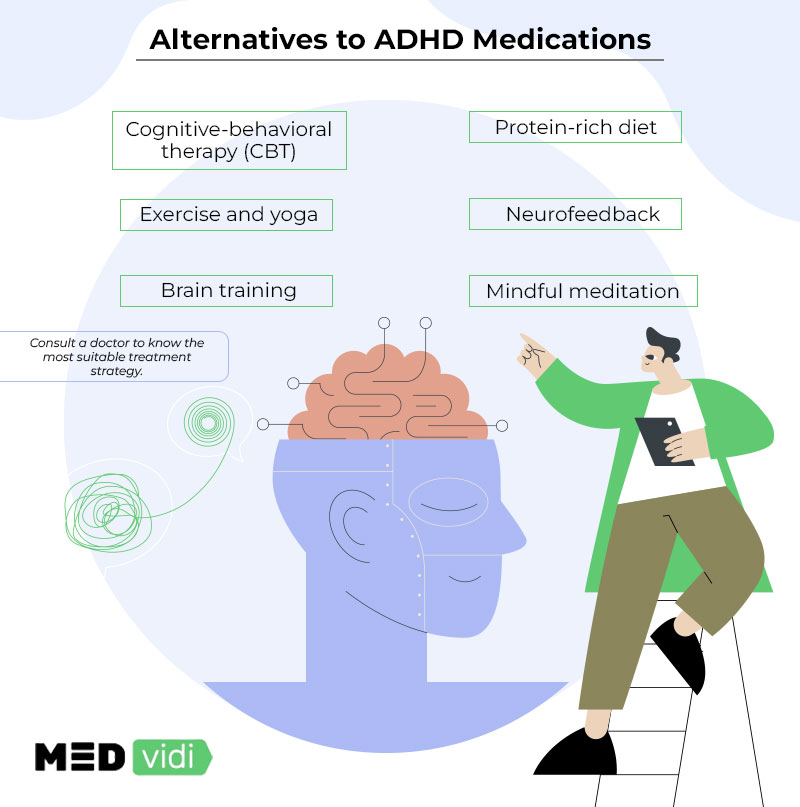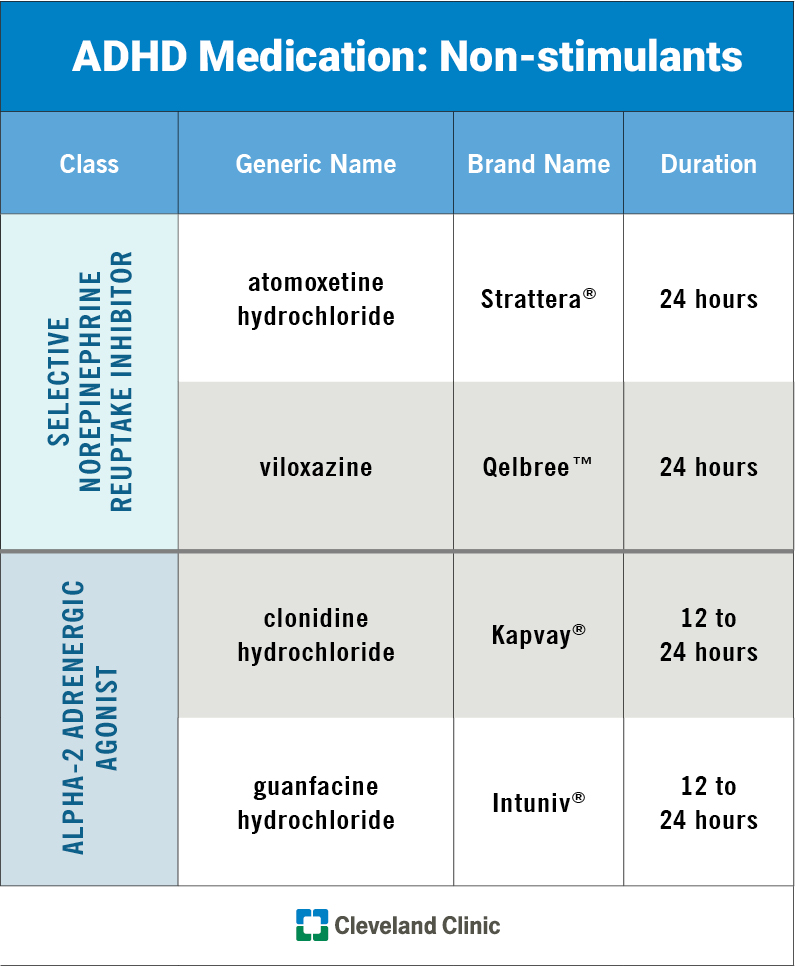Exploring Effective ADHD Therapy Options for All Ages
The intricacies of Focus Deficiency Attention Deficit Disorder Problem (ADHD) present distinct obstacles throughout various age groups, requiring a thorough expedition of effective treatment options. A mix of behavioral therapies, pharmacological interventions, and lifestyle adjustments has shown pledge in attending to the diverse needs of individuals with ADHD.
Understanding ADHD and Its Impact
Attention-Deficit/Hyperactivity Condition (ADHD) is a neurodevelopmental condition defined by persistent patterns of inattention, hyperactivity, and impulsivity that can substantially impact different elements of an individual's life. It usually materializes in childhood, although symptoms can persist into their adult years. The core signs of ADHD can interrupt instructional efficiency, prevent social communications, and complicate work endeavors.
People with ADHD often battle with keeping focus on tasks, arranging tasks, and complying with through on guidelines, which can cause academic underachievement (Depression Treatment). In social contexts, impulsivity may lead to problems in forming and maintaining connections, as individuals might interrupt discussions or make hasty choices without taking into consideration effects
The irregularity in signs and symptom discussion indicates that ADHD can influence people differently, necessitating a customized technique to administration. Comprehensive recognition of ADHD's nature and effects lays the foundation for exploring appropriate treatment choices tailored to each individual's needs.
Behavioral Therapies for ADHD
Various behavior modifications have been established to properly resolve the obstacles linked with ADHD, concentrating on changing details actions and promoting necessary abilities. Among the most recognized approaches are cognitive-behavioral therapy (CBT), moms and dad training, and social abilities training.
CBT assists individuals identify and alter unfavorable thought patterns and actions, advertising a much more positive outlook and boosted self-regulation. This treatment commonly consists of functional techniques for managing impulsivity and boosting organization. Parent training programs encourage caretakers by equipping them with techniques to enhance favorable habits and established regular limits, which can be specifically advantageous for youngsters with ADHD.
Social abilities training is one more essential part, mentor individuals with ADHD how to communicate properly with peers - Depression Treatment. This method frequently includes role-playing and comments to enhance communication, participation, and dispute resolution skills
Integrating these behavior modifications into a thorough therapy plan can considerably boost working and top quality of life for individuals with ADHD. Inevitably, the efficiency of these treatments depends on customized techniques that consider the special needs of each individual, therefore promoting strength and adaptability in life.
Medication Options Available
For several individuals with ADHD, medicine can play a substantial role in handling signs and symptoms and enhancing general performance. Both key classifications of drugs suggested for ADHD are stimulants and non-stimulants.
Stimulants, such as methylphenidate and amphetamine-based medicines, are one of the most frequently utilized therapies. These drugs work by boosting the degrees of neurotransmitters, particularly dopamine and norepinephrine, in the brain, which assists boost focus and decrease impulsivity and attention deficit disorder. They often yield quick results, making them a preferred choice for lots of individuals.

It is important for medical care suppliers to carry out a complete analysis to determine the most proper drug based upon individual requirements, case history, and potential negative effects. Routine follow-up and surveillance are additionally essential to guarantee the performance of the selected therapy and to make any kind of essential changes.
Lifestyle Adjustments to Consider
Handling ADHD efficiently prolongs beyond drug, as way of living modifications can considerably improve total wellness and symptom control. Including structured regimens is critical; regular timetables help individuals with ADHD manage their time effectively and minimize feelings of overwhelm.
Routine physical activity is one more essential part. Workout not just aids to improve focus but also increases mood and decreases stress and anxiety levels. Activities such as yoga exercise or team sporting activities can be specifically advantageous, advertising both physical conditioning and social communication.
Nutrition likewise plays a critical function. Depression Treatment. A well balanced diet rich in omega-3 fats, whole grains, and lean proteins can add to improved focus and cognitive function. Restricting sugar and refined foods is recommended, as these can aggravate hyperactivity and impulsivity
Rest hygiene is necessary for managing ADHD signs. Developing a routine rest timetable and producing a peaceful setting can enhance rest quality, resulting in far better interest and emotional law.
Alternate and All Natural Strategies
Alternate and holistic approaches to ADHD treatment provide a varied range of options that enhance standard approaches. These approaches commonly concentrate on way of living modifications, dietary interventions, and healing methods that intend to enhance general wellness while attending to ADHD signs and symptoms.

Mindfulness and behavior modifications are also obtaining grip as holistic interventions. Practices such as yoga, meditation, and cognitive-behavioral treatment can grow self-regulation and improve interest. These Mental Health Services techniques support emotional durability, which is specifically advantageous for people with ADHD.
Herbal supplements, such as ginkgo biloba and ginseng, are often discovered; nonetheless, it is essential to consult health care professionals prior to including these into treatment plans. While alternative and alternative methods can give beneficial support, they must ideally be utilized in conjunction with evidence-based treatments to accomplish optimum results for managing ADHD across every ages.
Conclusion
In recap, effective ADHD therapy necessitates a comprehensive strategy that includes behavior therapies, drug, way of living modifications, and all natural approaches. This complex approach underscores the relevance of individualized treatment in resolving the diverse requirements of individuals with ADHD throughout all age teams.